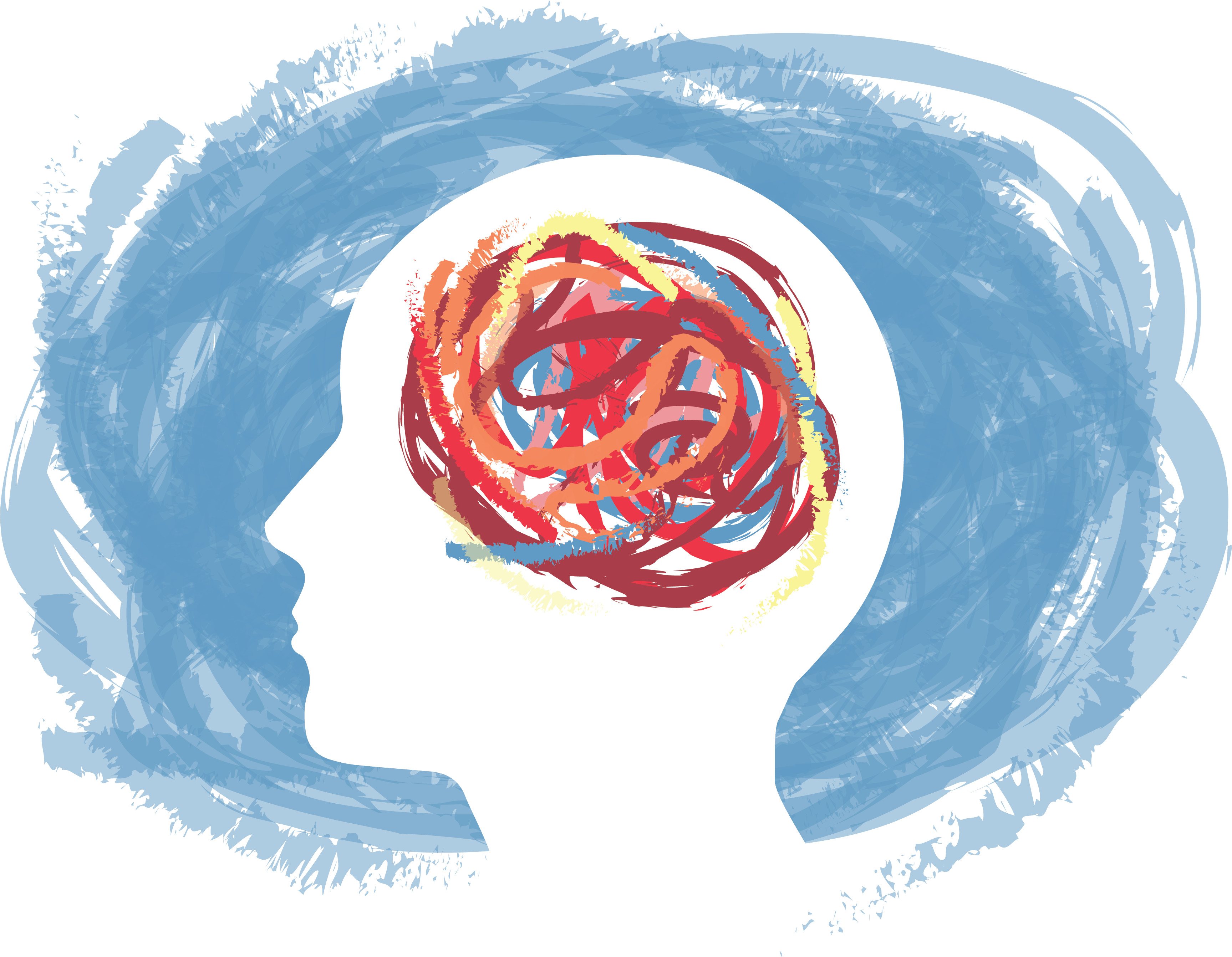
No single story looks the same — and that’s why listening is so important
 I can’t stress enough that mental health is a serious issue that needs to be openly discussed. There are research articles and even personal stories that are shared, but they’re often not the first pieces viewed on a Facebook feed, on the main page of a web browser or even on the front page of a magazine or newspaper. This material is out there to be read, but so many people steer clear of it. I agree it’s not always the first thing I want to read, but I read it because it’s been made accessible for a reason. It’s sad to hear another statistic or another personal story, but they’re shared to provide information and insight into a complex subject that affects so many individuals. When it comes to sharing a personal story about mental health, it’s easier said than done. People tend to disregard how significant it is when a person takes the time to share personal experiences, especially on such a serious topic.
I can’t stress enough that mental health is a serious issue that needs to be openly discussed. There are research articles and even personal stories that are shared, but they’re often not the first pieces viewed on a Facebook feed, on the main page of a web browser or even on the front page of a magazine or newspaper. This material is out there to be read, but so many people steer clear of it. I agree it’s not always the first thing I want to read, but I read it because it’s been made accessible for a reason. It’s sad to hear another statistic or another personal story, but they’re shared to provide information and insight into a complex subject that affects so many individuals. When it comes to sharing a personal story about mental health, it’s easier said than done. People tend to disregard how significant it is when a person takes the time to share personal experiences, especially on such a serious topic.
I can attest that speaking about personal experiences with mental health is the toughest thing I’ve had to do. However, it has also been comforting and uplifting to share and meet other people who have gone through similar experiences. It took me several months to finally address the emotions and thoughts I’d been having. When these feelings first came up, I pushed them to the side, thinking it was just a bad day. Those bad days kept making their presence known to me. I began losing interest in the activities I had enjoyed so much, such as writing, reading, spending time with friends and playing music with my Cal Aggie Marching Band-uh family.
Every day for months, my own negative thoughts about myself consumed my mind. I didn’t want anyone to know what was going on internally. I felt full of shame wondering how I ended up in such a low mental state, and due to stigma, I was afraid of what other people might think, including my close friends. I didn’t want to speak up about it and then be treated differently, whether negatively or positively. I was afraid of what might change. I kept asking myself why and how I let myself get to that state, continuously putting the blame on myself as if I had control over what was happening. But that’s where I was wrong — I did nothing to set off the change in my mental health.
It’s common for people to find some way to blame themselves for having a mental illness, but there’s no way to prevent a chemical imbalance. Again, that’s easier said than accepted. When struggling with a mental illness, it’s difficult to pinpoint the cause of it. Individuals will replay their past in an attempt to identify what led them to their low mental state. Speaking from personal experience, I did the same thing. However, in doing this, I realized I couldn’t remember the exact “moment” of my mental health shift. In an attempt to speak out to others reading this, determining the reason that a mental illness develops isn’t simple. In some cases, a change in mental wellbeing is caused by a specific trauma. For many others, however, mental illness can creep up without an evident origin. I would look back and think, “Maybe if I did this differently…,” but it didn’t help my situation. Looking for an explanation shouldn’t have been my main focus. I should have instead focused on how to move forward and improve — the direction in which everyone deserves to go.
I’m sharing my personal experience in hopes that people who are struggling with their mental health know they’re not alone. I’m sharing this so those who may have had an experience in the past are proud that another person is willing to speak. I’m sharing in hopes that this is not overlooked as these stories usually are in other media. Shying away from this subject does not make it disappear, and acknowledging it can lessen the stigma.
Written by: Jolena Pacheco — mspacheco@ucdavis.edu
Disclaimer: The views and opinions expressed by individual columnists belong to the columnists alone and do not necessarily indicate the views and opinions held by The California Aggie.





